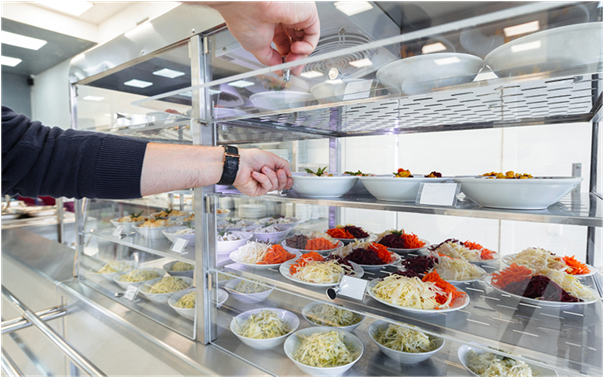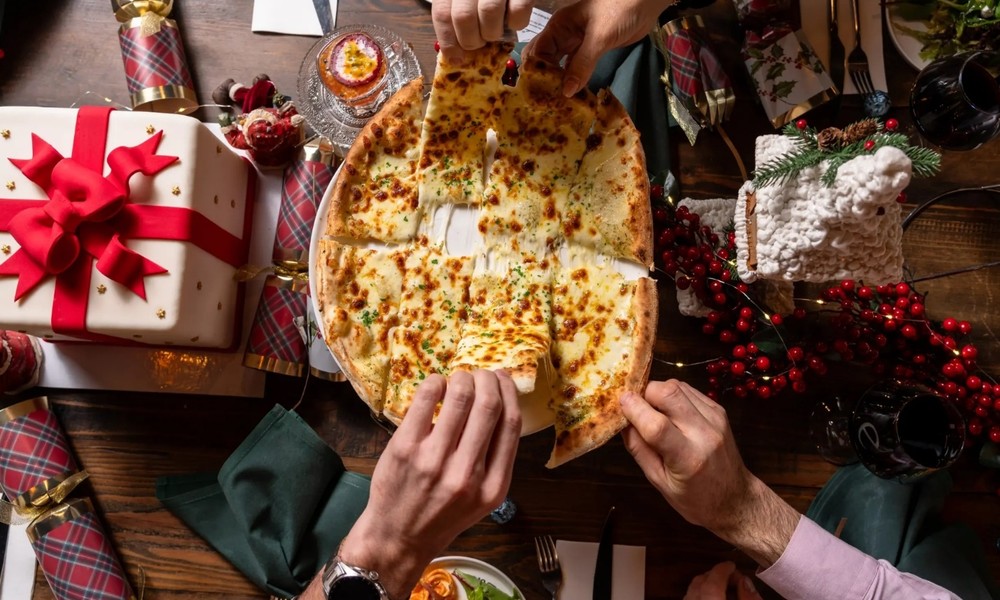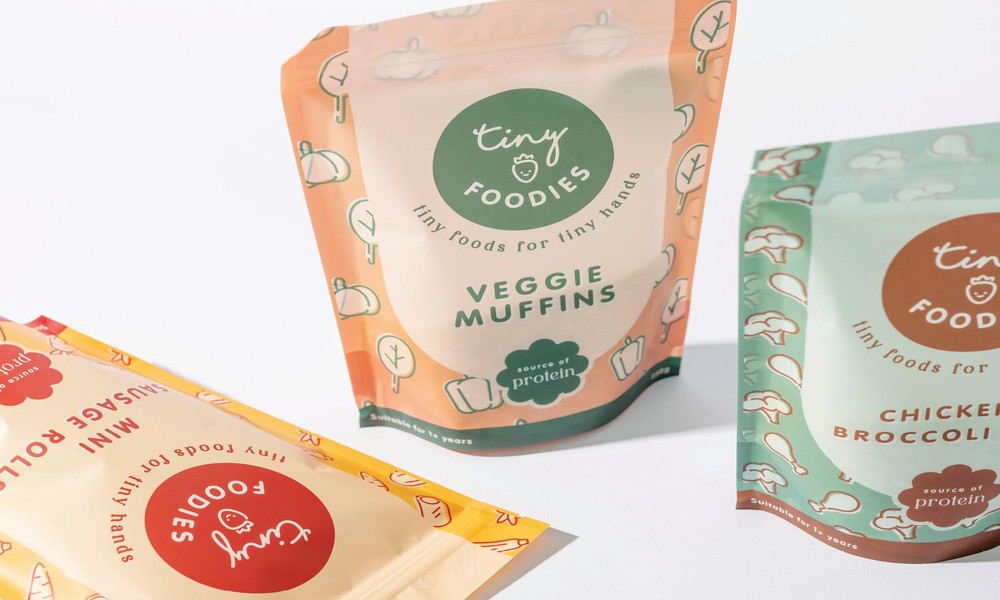The food industry operates in a fast-paced environment where customer expectations are high, and timing is everything. One area that constantly faces pressure is mini buffet catering. From office parties to family gatherings, last-minute orders are typical, and central kitchens are often the backbone, ensuring smooth fulfilment. Understanding how these kitchens work behind the scenes gives a clear picture of the operational discipline and industry expertise that make reliable buffet catering possible even under tight deadlines.
Advanced Forecasting and Inventory Planning
Central kitchens serving catering businesses rely on predictive models to anticipate demand patterns. Data from past orders, seasonal events, and even corporate calendars are analysed to determine the likely surge in requests. This forecasting ensures that essential items such as rice, noodles, poultry, seafood, and staple sauces are always kept at optimal stock levels. Kitchens can respond to urgent mini buffet catering orders without experiencing stock-outs by building buffer inventory. Importantly, ingredients are stored with strict adherence to cold chain management, ensuring both safety and freshness.
Pre-Prepared Components and Modular Menus
Another key strategy is the use of modular menu design. Many central kitchens pre-prepare base components such as sauces, gravies, and marinated proteins in bulk. Once an urgent order comes in, chefs only need to execute the finishing touches—stir-frying, steaming, or portioning—rather than starting from scratch. This approach drastically reduces preparation time while maintaining consistency across dishes. For example, a curry base can be adjusted with different proteins or vegetables to suit a range of menu requests, giving the flexibility required in buffet catering.
Streamlined Kitchen Operations
Efficiency in central kitchens is built around process standardisation. Workstations are divided according to function: hot cooking, cold preparation, packing, and quality checks. Each team member is trained to handle specific tasks with speed and precision, ensuring no time is wasted when orders are confirmed. Equipment such as blast chillers, conveyor packing systems, and vacuum sealers helps accelerate turnaround while maintaining food safety. These streamlined processes are what make it possible to prepare meals for dozens or even hundreds of people within hours.
Logistics and Delivery Coordination
The preparation is only half the challenge; the delivery is equally critical. Central kitchens often have dedicated logistics teams who map routes and allocate vehicles in real time. Orders are prioritised based on location, traffic conditions, and delivery deadlines. Insulated carriers and smaller vans for smaller mini buffet catering requests are used to maintain food quality while allowing faster navigation through urban areas. Meanwhile, for larger-scale buffet catering, refrigerated trucks ensure bulk items reach the destination safely and on time.
Technology in Order Management
Modern catering operations rely heavily on technology to handle last-minute demand. Cloud-based systems allow real-time order entry, kitchen scheduling, and driver assignment. Once an order is placed, the kitchen receives automated task breakdowns, ensuring that no detail is overlooked. Clients can also track delivery status, creating transparency and reducing anxiety around late confirmations. This digital backbone is what allows central kitchens to pivot quickly from regular operations to emergency orders.
Staff Training and Workforce Flexibility
Behind every successful last-minute catering order is a trained and adaptable team. Many central kitchens cross-train their staff so that chefs, packers, and logistics personnel can switch roles when required. Part-time staff are often placed on standby during peak seasons, ready to step in when demand spikes. This workforce flexibility ensures that last-minute buffet catering orders do not compromise the quality of service or food presentation.
Conclusion
The ability of central kitchens to manage last-minute mini buffet catering orders rests on a combination of planning, process discipline, and technology. From inventory management and pre-prepared components to logistics coordination and workforce flexibility, every aspect is fine-tuned to handle unexpected demand. What appears to customers as a quick turnaround is actually the result of meticulous preparation and industry expertise. These behind-the-scenes efforts are what keep buffet catering reliable, even under last-minute pressure.
Contact Select Catering for a reliable catering partner who can deliver quality meals even on short notice.







